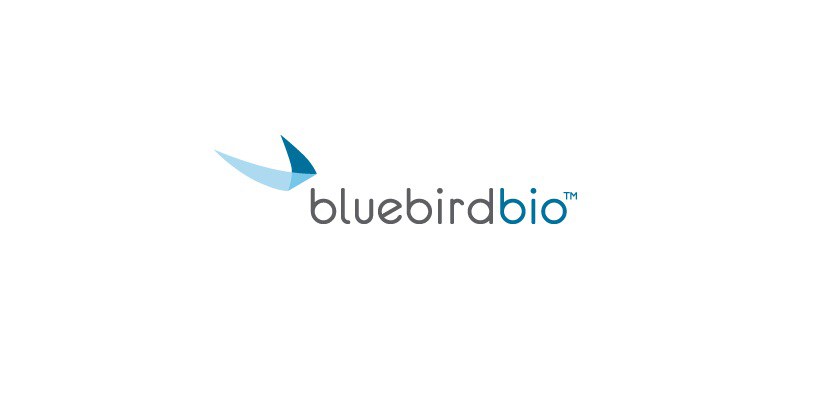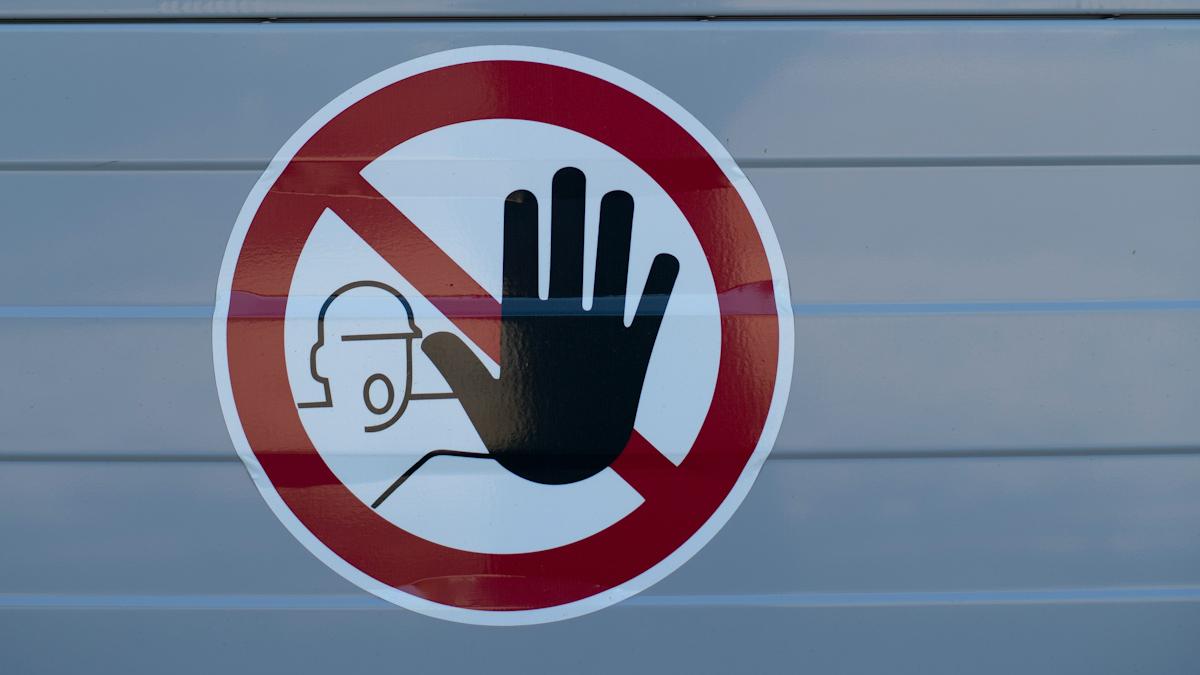bluebird offers instalment payments for Zynteglo gene therapy

bluebird bio is pricing its thalassaemia gene therapy Zynteglo at €1.57 million ($1.8 million) in Europe, but with an outcomes-based payment scheme to try to persuade healthcare systems to allow patients to try it.
The total cost is spread over five years, and if the treatment is unsuccessful bluebird won’t ask for any more than the initial instalment of €315,000 to cover the cost of administering the treatment.
If Zynteglo works as hoped – in other words reduces the number of blood transfusions that are needed by patients – there will be another charge of €315,000 for each year that it is effective until the total tally is reached.
This form of phased payment is emerging as a way for gene therapies to make the high cost of the one-off treatments more palatable for healthcare payers, who might baulk if faced with the entire cost upfront.
Novartis took a very similar approach in the US with its Zolgensma therapy for spinal muscular atrophy, with a $2.125 million total price split into five instalments of $425,000 and rebates if it doesn’t perform as expected.
Meanwhile, Spark Therapeutics tried a different tack for its blindness treatment Luxturna, setting its one-off price lower than had been expected at $425,00 per eye, before discounts, despite addressing a tiny patient population.
The first gene therapy to reach the market – UniQure’s Glybera for rare disease lipoprotein lipase deficiency (LPLD) – tried the high upfront cost approach but failed commercially and was eventually withdrawn from the market.
Zynteglo was given a conditional approval in the EU on 29 May for transfusion-dependent beta thalassaemia (TDT), a group of patients who need regular blood transfusions to increase their levels of working red blood cells, but only if they have no matched donor.
The therapy – which is based on CD34+ stem cells taken from patients that are modified to carry a working gene for beta-globin, a haemoglobin component that is deficient in thalassemia patients – helps to avoid the excessive build-up of iron that occurs with regular transfusions and which itself requires treatment.
The top-line price for Zynteglo comes right in the middle of analysts’ previous predictions of €1 to €2 million for the ex vivo gene therapy, which has a more complex treatment process than Zolgensma’s simple infusion.
It works out at more than the cost of a bone marrow transplant – another approach attempted for TDT which carries risks of serious side effects as well as relying on finding a matched donor.
A recent analysis by Clarivate suggested Zynteglo is one of the top launches to watch in 2019, with sales predicted to reach $1.12 billion by 2023 if it also gets approved in the US and for follow-up indication sickle cell disease.
bluebird is hoping for a verdict from the FDA on Zynteglo in early 2020 and says it should start treating the first patients in Europe before the end of the year.













